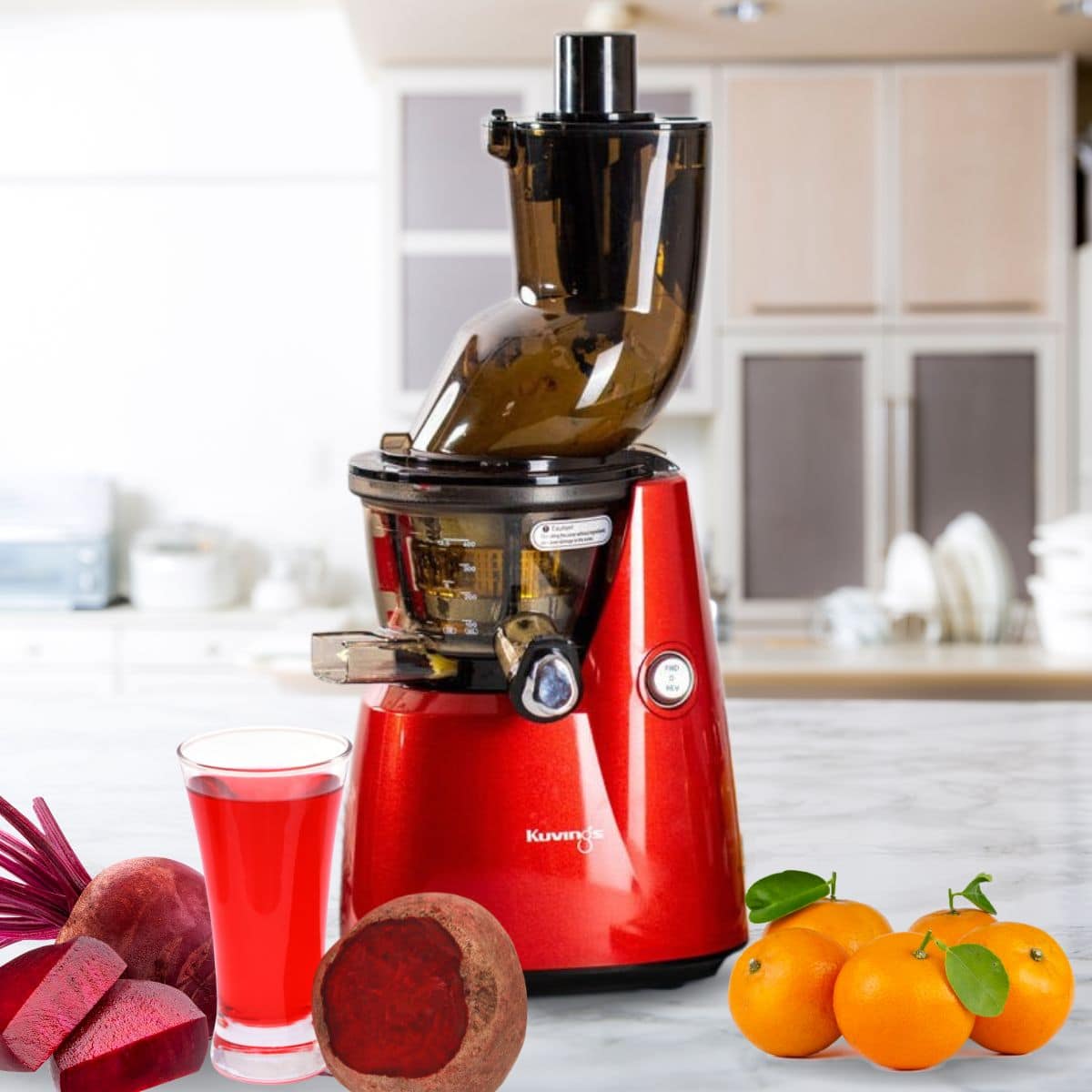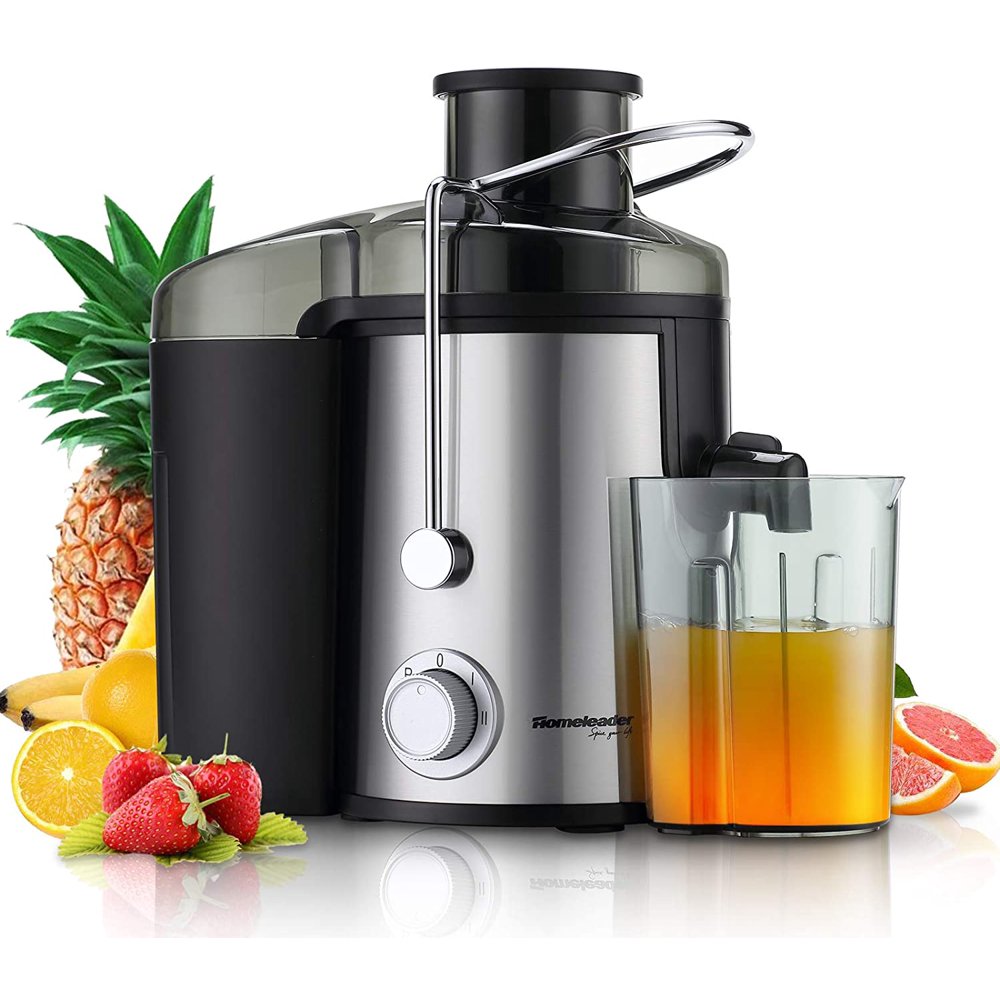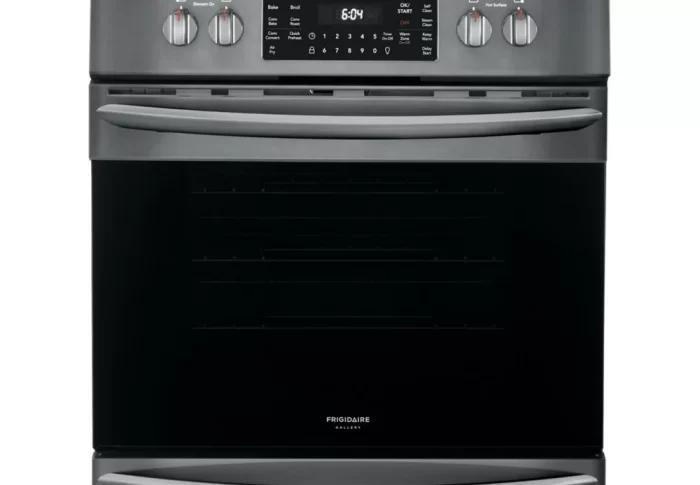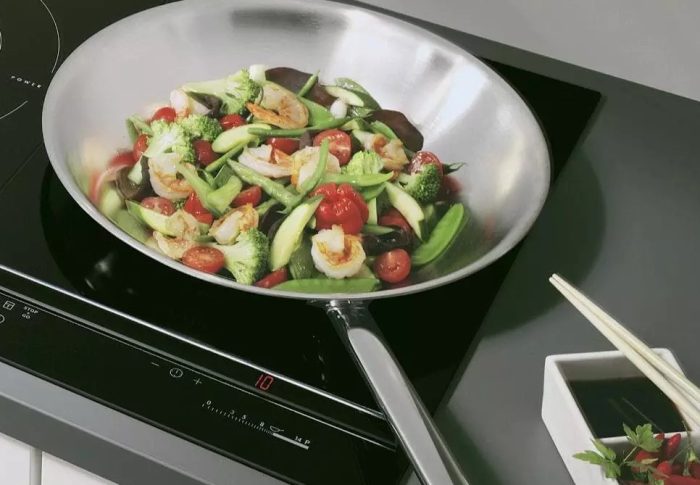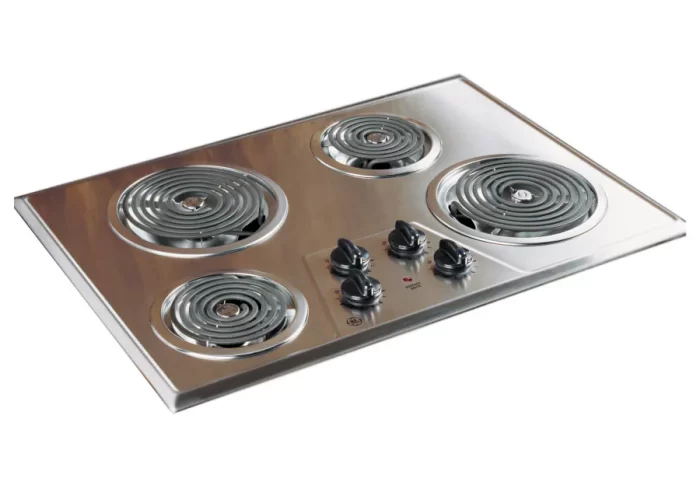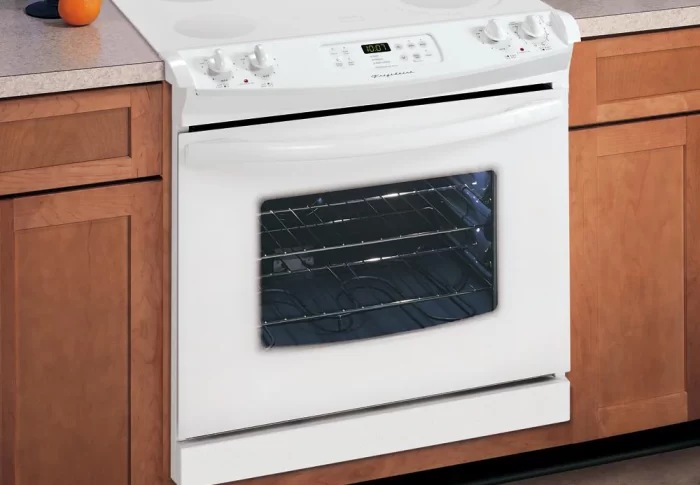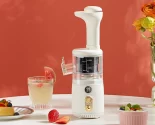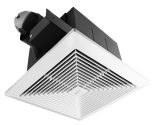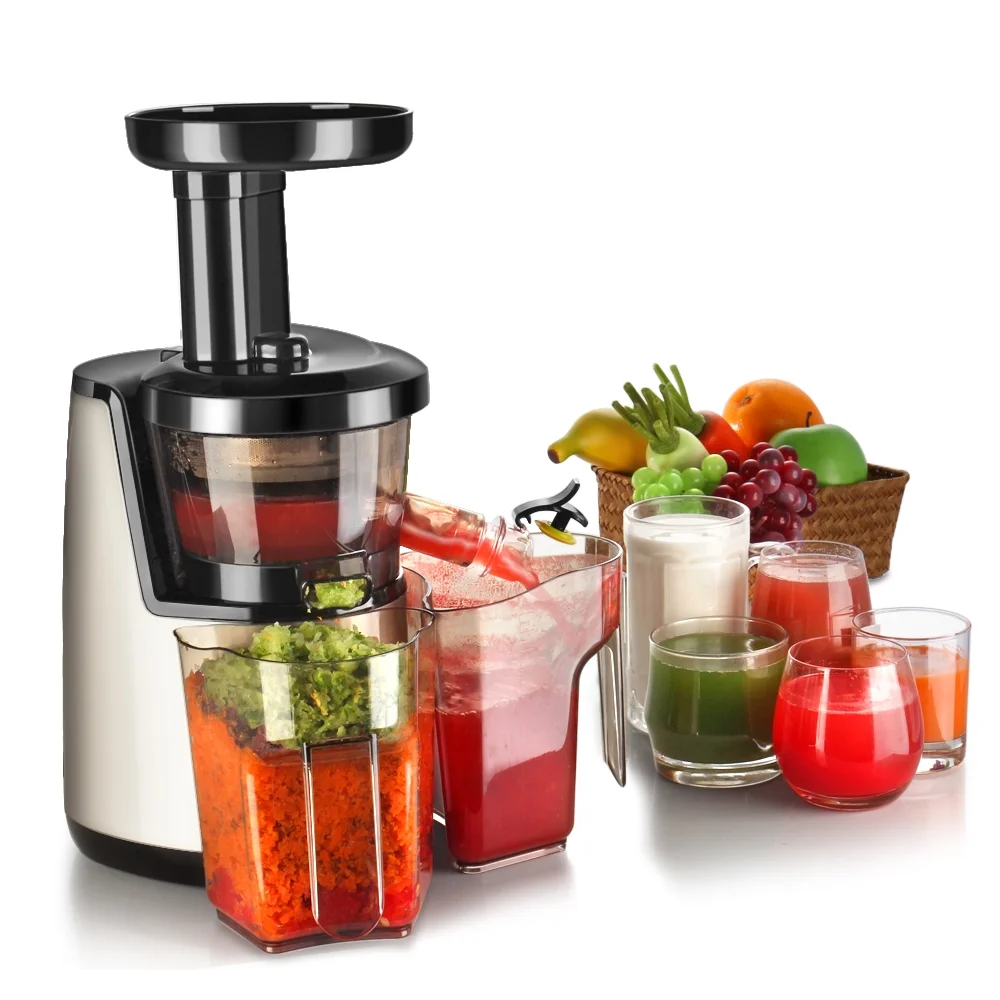
Centrifugal vs Cold Press Juicer: A Comprehensive Analysis
Juicing has become a popular health trend, with many people incorporating fresh juices into their daily routines. Among the types of juicers available, centrifugal and cold press juicers stand out as two of the most common options. Each type of juicer has its own unique mechanism, advantages, and disadvantages, which can influence your choice. In this article, we will delve deep into the differences between centrifugal and cold press juicers, evaluating their efficiency, nutritional value, taste, ease of use, and cleaning, and ultimately help you decide which one is best for your juicing needs.
Understanding Centrifugal Juicers
How Centrifugal Juicers Work
Centrifugal juicers use a high-speed spinning blade to shred fruits and vegetables, which then separates the juice from the pulp. The process involves placing the produce in a feed chute where it is quickly sliced by the blade. As the blade spins, the centrifugal force pushes the juice through a mesh filter while the pulp is ejected into a separate container. This rapid juicing method typically produces juice in seconds, making it an appealing option for those who are short on time.
Advantages of Centrifugal Juicers
- Speed and Efficiency
Centrifugal juicers are renowned for their speed. Most can extract juice from fruits and vegetables in less than a minute. This quick process is ideal for busy individuals or families. - Ease of Use
These juicers are relatively straightforward to operate. Simply chop your produce into smaller pieces, feed it into the machine, and let it work its magic. - Affordability
Generally, centrifugal juicers are more affordable than cold press models. For budget-conscious consumers, this makes them a practical choice. - Versatility
Centrifugal juicers can juice a wide variety of fruits and vegetables, including softer produce like tomatoes and more fibrous items like carrots.
Disadvantages of Centrifugal Juicers
- Heat Production
The high-speed spinning blades generate heat, which can degrade the nutrients and enzymes in the juice. As a result, the juice produced may contain less nutritional value. - Oxidation
The rapid juicing process also introduces air into the mix, leading to oxidation. Oxidized juice can lose flavor, nutritional content, and freshness more quickly than cold-pressed juice. - Less Juice Yield
Due to the speed and cutting nature of centrifugal juicers, the yield may be lower compared to cold press juicers. This could mean less juice for the same volume of produce used. - Noise
Centrifugal juicers can be quite loud due to the high-speed motor and spinning blades. If you’re looking for a quieter juicing experience, this might be a downside.
Understanding Cold Press Juicers
How Cold Press Juicers Work
Cold press juicers, also known as masticating juicers, utilize a slow, grinding mechanism to extract juice. Instead of blades spinning at high speed, a single auger slowly crushes the fruits and vegetables and then presses them to separate the juice from the pulp. This method is often referred to as “slow juicing.”
Advantages of Cold Press Juicers
- Nutritional Retention
Because cold press juicers operate at lower speeds, they produce far less heat, which helps to retain more nutrients, enzymes, and vitamins in the juice. This results in a healthier final product. - Higher Juice Yield
Cold press juicers extract more juice from the same amount of produce compared to centrifugal juicers. This is particularly beneficial for those looking to maximize the value of their ingredients. - Extended Shelf Life
The slow juicing process results in juice that is less oxidized and, as a consequence, has a longer shelf life. It can generally last in the refrigerator for up to 72 hours without losing much of its nutritional value. - Quieter Operation
Cold press juicers typically operate more quietly than their centrifugal counterparts. This can be a significant benefit if noise is a concern for you.
Disadvantages of Cold Press Juicers
- Speed and Preparation Time
Cold press juicers are slower than centrifugal juicers. The juicing process can take longer, which might not be ideal for those in a hurry. - Higher Cost
The initial investment for a cold press juicer can be significantly higher. This may deter budget-conscious consumers. - Size and Weight
Many cold press juicers can be bulkier and heavier than centrifugal juicers. This could pose storage issues in smaller kitchens. - Cleaning and Maintenance
Cleaning a cold press juicer can be more complicated due to the various components involved. This may deter some users who value convenience.
Nutritional Comparison: Centrifugal vs Cold Press Juicer
Nutrient Retention
When it comes to nutrient retention, cold press juicers have a clear advantage. The heat generated by centrifugal juicers can destroy heat-sensitive vitamins, such as vitamin C and certain B vitamins. In contrast, cold press juicers maintain a higher level of these vital nutrients, resulting in more nutritious juice.
Enzyme Activity
Enzymes are essential for breaking down food and aiding digestion. Cold press juicing preserves more enzymes compared to centrifugal methods, which may degrade these enzymes due to heat and oxidation.
Antioxidant Levels
Antioxidants play a crucial role in combating oxidative stress and promoting overall health. Cold press juicers have been shown to produce juices with higher antioxidant levels, making them a better choice for health-conscious individuals looking to boost their intake.
 Taste and Freshness
Taste and Freshness
Flavor Profile
The taste of juice extracted from a centrifugal juicer may be less smooth and slightly more bitter, largely due to oxidation. In contrast, cold-pressed juice tends to maintain a fresher, more vibrant flavor profile. The slower extraction process allows for a richer and more nuanced taste.
Aroma and Freshness
Freshness is paramount when it comes to juice, and cold press juicers excel in this regard. Their slow juicing method often results in juice that smells and tastes fresher for a longer period, unlike centrifugal juicer juice, which can degrade quickly.
Ease of Use
User Experience
Centrifugal juicers offer a straightforward operation for beginners. Simply chop up the produce, feed it in, and let the machine do its work. Cold press juicers may require a bit more preparation effort, such as cutting produce into smaller pieces to fit into the chute.
Cleaning and Maintenance
When it comes to cleaning, centrifugal juicers have the upper hand because of fewer components. They are generally easier to disassemble and clean quickly. Cold press juicers, while usually requiring a bit more time and effort for cleaning, can often be rinsed under water and are dishwasher safe.
Cost Considerations
Initial Investment
Centrifugal juicers are typically more affordable, making them a tempting choice for new juicing enthusiasts. Comparatively, cold press juicers come with a higher price tag due to their complex machinery and manufacturing quality.
Long-term Savings
Despite their higher upfront costs, cold press juicers may save you money over time. Their ability to extract more juice and retain nutrients can lead to less ingredient waste and more economical juicing in the long run.
Conclusion: Centrifugal vs Cold Press Juicer
Ultimately, the decision between centrifugal and cold press juicers hinges on your personal preferences, lifestyle, and budget. If you prioritize speed, simplicity, and affordability, a centrifugal juicer may be the right choice for you. However, if you are focused on nutritional quality, juice yield, and flavor, you may want to invest in a cold press juicer. By weighing the pros and cons of each type, you can make an informed choice that aligns with your juicing goals and enhances your overall health.

